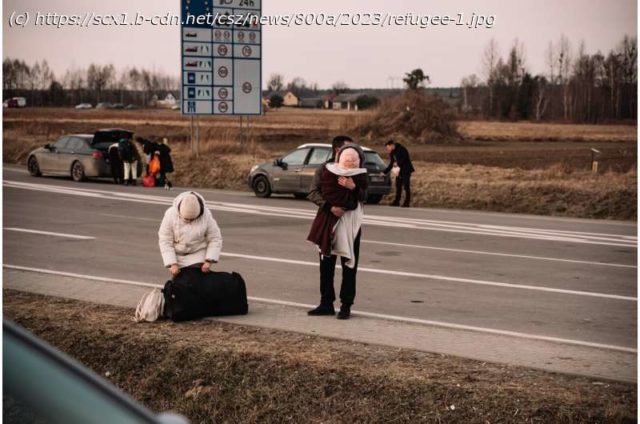Three months ago, you left your country fearing for your life. Now, you’re learning to navigate a new city, where the street signs are in a new language. You’re learning to navigate social interactions that operate on slightly different rules. You’re applying for jobs to support your family. You’ve figured out how to get to the grocery store that sells food your kids will eat—and how to use food assistance programs to get it.
Three months ago, you left your country fearing for your life. Now, you’re learning to navigate a new city, where the street signs are in a new language. You’re learning to navigate social interactions that operate on slightly different rules. You’re applying for jobs to support your family. You’ve figured out how to get to the grocery store that sells food your kids will eat—and how to use food assistance programs to get it.
Except that today, those benefits have unexpectedly stopped working. You have no job, no savings, no broader network of friends. And now, you have no food.
What will you do?
This is the situation that faces many newcomers to the U.S. Incoming refugees face very high levels of food insecurity—up to 85% for particularly vulnerable populations. Now, a new study published in PLOS One identifies unexpected «danger zones» when the risk of going hungry is highest and proposes solutions to help new residents thrive.
Researchers interviewed Utah refugees from eight countries to learn when they were most likely to have trouble affording food—and some of the answers were «shocking», says Nasser Sharareh, Ph.
Домой
United States
USA — IT Getting a job can increase food insecurity risk for refugees, study finds






